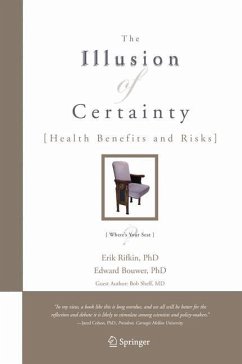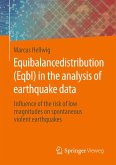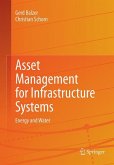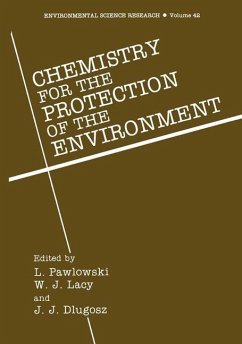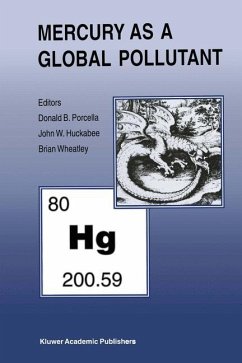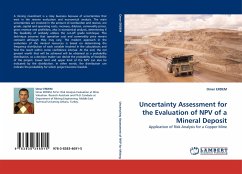This book provides an understanding and appreciation of the risk assessment process and the ability to objectively interpret health risk values. Included is an explanation of the uncertainty inherent in the assessment of risks as well as an explanation of how the communication and characterization of risks can dramatically alter the perception of those risks. Case studies illustrate the strengths and limitations of characterizing certain risks. Using the accepted risk assessment paradigm proposed by the National Research Council, these case studies illustrate which risk values have merit and why other assessments fail to meet basic criteria.
From the reviews:
"The aim is principally to assist the public in comprehending and interpreting health benefit and risk information, and provide them with the basic methods that will allow them to make their own judgements. ... A significant feature of the book is the introduction of a new way of assisting the reader to conceptualise the absolute risk or benefit to an individual. ... It could be used as a reference book by a member of the public ... ." (Roy Mooney, SCOPE, June, 2008)
"The aim is principally to assist the public in comprehending and interpreting health benefit and risk information, and provide them with the basic methods that will allow them to make their own judgements. ... A significant feature of the book is the introduction of a new way of assisting the reader to conceptualise the absolute risk or benefit to an individual. ... It could be used as a reference book by a member of the public ... ." (Roy Mooney, SCOPE, June, 2008)

